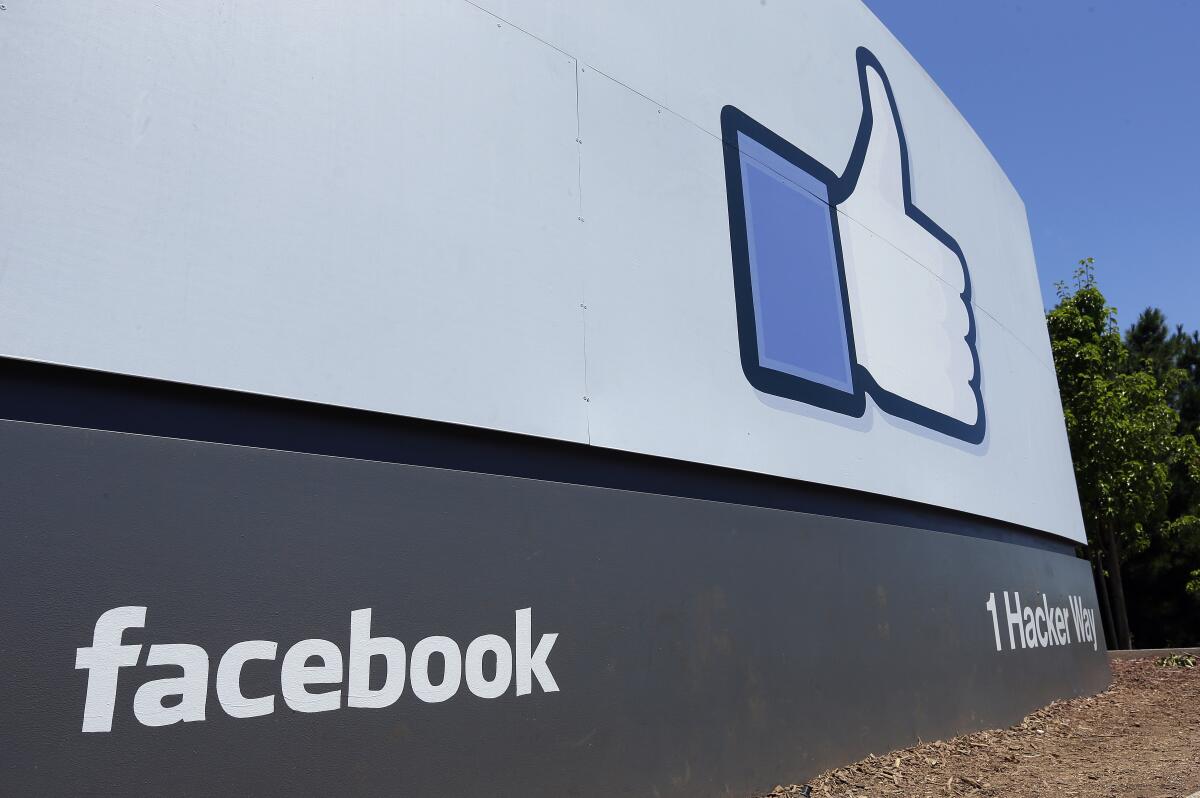Facebook’s crypto project reboots with downsized ambitions

The Diem Assn., a group of Facebook Inc. and 25 other companies and nonprofit groups once known as Libra, is moving its main operations to the U.S. and partnering with a bank to issue a cryptocurrency backed by U.S. dollars.
The new plan includes an agreement with Silvergate Capital Corp., a prominent player in the cryptocurrency industry, which will issue the coin and manage Diem’s reserve of U.S. dollars, the association said Wednesday in a statement.
Diem said it’s still building out a global payment network, with the idea that it could serve its own stablecoin or even central bank digital currencies if world governments decide to issue them.
“It’s critical for the U.S. to foster innovation in this space. The U.S. can’t really afford to fall behind here,” said Diem Chief Executive Stuart Levey. He said Diem’s payment network will be able to lower the cost of sending money around the world, whether it’s through a Diem-issued coin or the central-bank digital currencies that many countries are considering.
Shares of Silvergate Capital jumped about 20% in extended trading after the deal’s announcement.
While more straightforward to achieve, the new plans are a big comedown from the vision unveiled by the Libra Assn. in 2019.
That June, Facebook and 27 partners announced the project to great fanfare with large ambitions. The Libra Assn., as the Diem Assn. was then known, said it planned to launch a global stablecoin backed by a basket of currencies, including the U.S. dollar and the euro.
The blowback from world governments was fierce. Even though Facebook executives said the company was just one of equal partners in the association, U.S. lawmakers said Facebook’s involvement gave them concerns about protecting user data or giving the already powerful company a toehold in financial services. Some lawmakers even posited that libra could be a threat to the U.S. dollar as the world’s reserve currency.
Facebook was blindsided when companies including EBay, PayPal and Visa stepped back from its Libra digital currency project, leaving its future hanging in the balance.
Amid the criticism, the Libra Assn. lost some of the members most equipped to address financial regulators, including Visa Inc., Mastercard Inc., and PayPal Holdings Inc. Eventually, the Libra Assn. decided to delay the launch of a multicurrency coin in favor of separate cryptocurrencies linked to individual countries’ money. The association also rebranded as Diem, but never received a necessary license from the financial regulator in its headquarters country of Switzerland.
Now, Diem’s ambitions are tightening once again. The association’s members currently include Facebook, crypto-focused companies such as Coinbase Global Inc., and others including ride-hailing company Uber Technologies Inc. and commerce platform Shopify Inc. Diem said that although it expected eventual approval in Switzerland, it’s withdrawing the application for its license and moving most operations to the U.S.
Diem’s U.S. subsidiary plans to register as a money-services business with a division of the U.S. Treasury Department.
Though Diem’s path forward might be easier that Libra’s, the association could struggle to explain how the project differs from myriad dollar-backed stablecoins that already exist, such as USD Coin.
In an interview, Levey said the association believes that the way it’s implementing the coin, with built-in consumer protections and anti-crime provisions, will be appealing to regulators and companies that want to use the network.
Many central banks, including those of the U.S., Europe and China, are in the process of researching or building their own digital currencies. If those come to pass, Levey said, Diem could adjust its network to accommodate them.
Diem declined to say when the pilot would launch.







